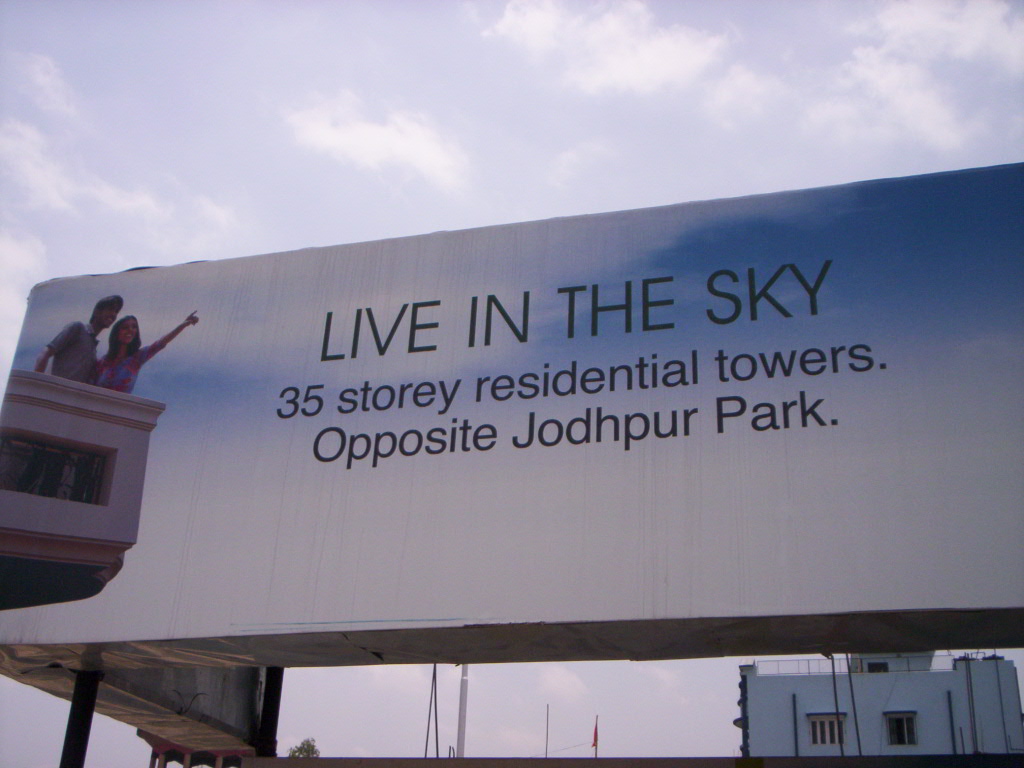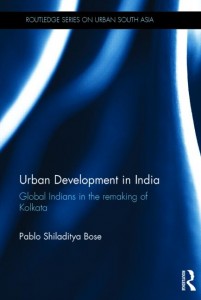A project that I have been engaged with for over a decade has been an attempt to understand what role diasporas play in developmental dynamics within their ancestral, recent or even putative homelands. My main focus has been on the city where I was born but which I left at an early age, the Indian metropolis of Kolkata. Over the course of the past ten years I have returned for several rounds of field research to examine in greater depth the changes that are currently transforming the city and what role if any diasporas are playing in such processes. The results of my studies have been published as a series of articles and book chapters and a book that is the lead in Routledge’s new series on Urban South Asia:
Entitled Urban Development in India: Global Indians in the remaking of Kolkata, this book focuses on three particular examples of the city’s transformation since 1997: the struggle to develop/preserve the once vast wetlands to the east of Kolkata, a US$400 million environmental improvement project, and several large luxury housing developments targeted at international owners both within the city and its suburbs. This book weaves together narratives of migration and diasporas, postmodern developmentalism and neoliberal urbanism, and identity and belonging in the Global South. It examines the rise of middle-class environmental initiatives and Kolkata’s attempts to reclaim its earlier global status. It suggests that a form of global gentrification is taking place through which people and place are being fundamentally restructured. Based on a decade’s worth of field research and investigation in multiple sites – metropolitan centers connected by long histories of empire, migration, economy, and culture – it employs a multi-method approach and uses ethnographic, semi-structured interviews as well as archival research for much of the empirical data collected.
Some other representative examples of my work on Kolkata include the following:
- Living the Way the World Does: Global Indians in the Remaking of Kolkata (Annals of the Association of American Geographers)
- A study of the specific experiences of Non-Resident Indians and Persons of Indian Origin living in the South City development in Kolkata
- Dreaming of Diasporas: Urban Developments and Transnational Identities in Contemporary Kolkata (Topia)
- A discussion of the focus on transnational identities in the development and marketing of such housing projects
- “Bourgeois Environmentalism, Leftist Development, and Neoliberal Urbanism in the City of Joy”
- A chapter that focuses specifically on the rise of certain kinds of middle-class environmentalism as a part of the urban change in Kolkata is part of the edited collection by Tony Samara, Shenjing He and Guo Chen Locating Right to the City in the Global South (Routledge, 2013).

